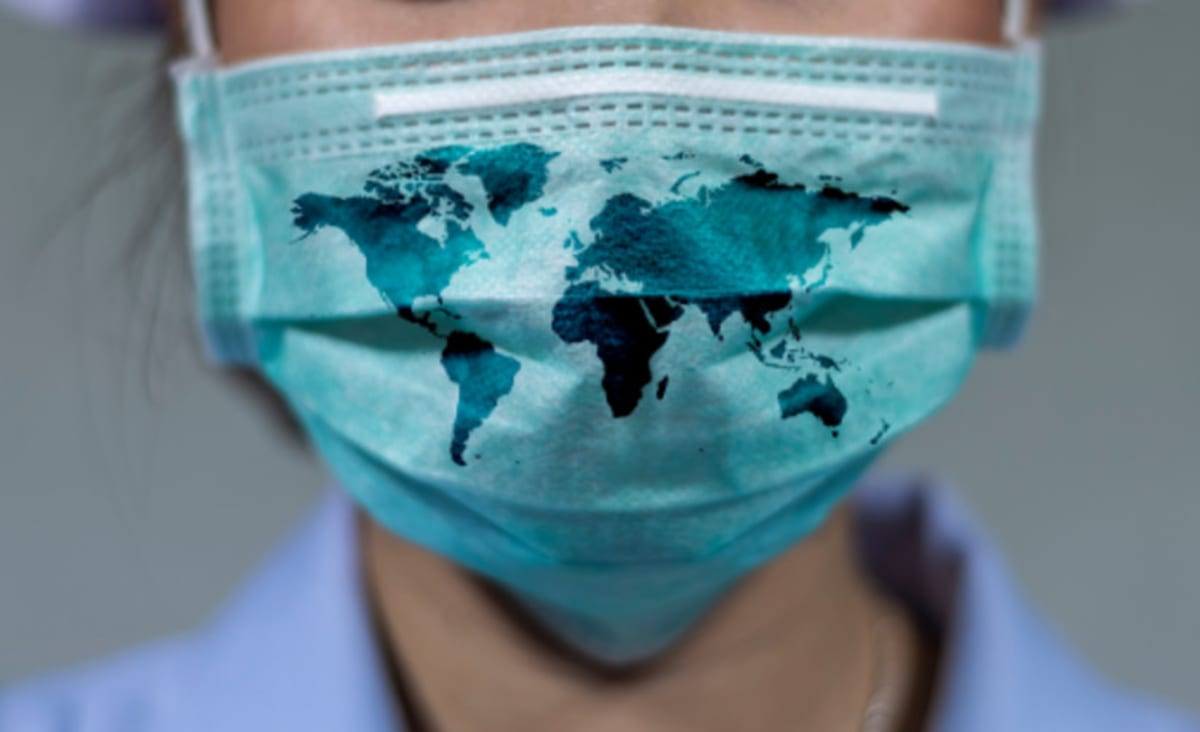This post may refer to COVID-19
To access official information about the coronavirus, access CDC - Centers for Disease Control and Prevention.

www.jpost.com
What you need to know about the coronavirus right now
A new variant has been detected in South Africa, the EU has vaccinated 70% of its adults, and more - here's what you need to know about COVID-19
Health
Here's what you need to know about the coronavirus right now:
South Africa detects new coronavirus variant
South African scientists have detected a new coronavirus variant with multiple mutations but are yet to establish whether it is more contagious or able to overcome the immunity provided by vaccines or prior infection.
The new variant, known as C.1.2, was first detected in May and has now spread to most South African provinces and to seven other countries in Africa, Europe, Asia and Oceania, according to research which is yet to be peer-reviewed.
It contains many mutations associated in other variants with increased transmissibility and reduced sensitivity to neutralizing antibodies, but they occur in a different mix and scientists are not yet sure how they affect the behavior of the virus.
EU says it has reached goal of vaccinating 70% of adults
The European Commission said on Tuesday that 70% of the European Union's adult population had been fully vaccinated against COVID-19, hitting a target it set at the beginning of the year.
The announcement marks a milestone in the EU vaccination strategy after a slow start, but it also masks big differences among EU countries, with some nations exceeding the 70% goal, while others in the poorer eastern region of the bloc are far behind.
South Korean vaccine in test against AstraZeneca shot.
South Korea's SK Bioscience and Britain's GSK said on Tuesday the drugmakers had begun a late-stage trial of their vaccine candidate against AstraZeneca's approved shot, the second study of its kind globally.
The AstraZeneca vaccine will take the place of a dummy shot in the trial, which will enroll about 4,000 candidates worldwide. It will test SK's candidate, GBP510, in combination with GSK's vaccine booster after positive early-stage data and a greenlight from South Korea earlier this month.
New Zealand cases drop for second day
New Zealand's government on Tuesday reported that new COVID-19 cases fell for a second day, down to 49, amid the tight lockdown the country undertook during the latest outbreak this month.
Except for a small number of cases in February, New Zealand was mainly coronavirus-free for months, until an outbreak of the Delta variant imported from Australia prompted Prime Minister Jacinda Ardern to order a snap nationwide lockdown on Aug. 17.
Australia will receive 500,000 doses of Pfizer's vaccine from Singapore this week, Prime Minister Scott Morrison said on Tuesday, after Canberra agreed a swap deal in a bid to curtail surging infections. The agreement will see Australia return the same amount of Pfizer vaccine doses to Singapore in December.
Japan says vaccine contaminants likely from needle stick
Japan's health minister said on Tuesday it was highly likely that foreign matter found in Moderna vaccines in the southern prefecture of Okinawa were caused when needles were stuck into the vials.
Some Moderna shots were temporarily halted in Okinawa on Sunday after foreign materials were discovered in vials and syringes. The health ministry said later needles may have been incorrectly inserted into vials, breaking off bits of the rubber stopper.
"Whatever the reason (for the foreign matter) we have heard that there is no safety or other issues," health minister Norihisa Tamura told reporters, adding that it was not uncommon for foreign material to enter a vial with other vaccines.
























































